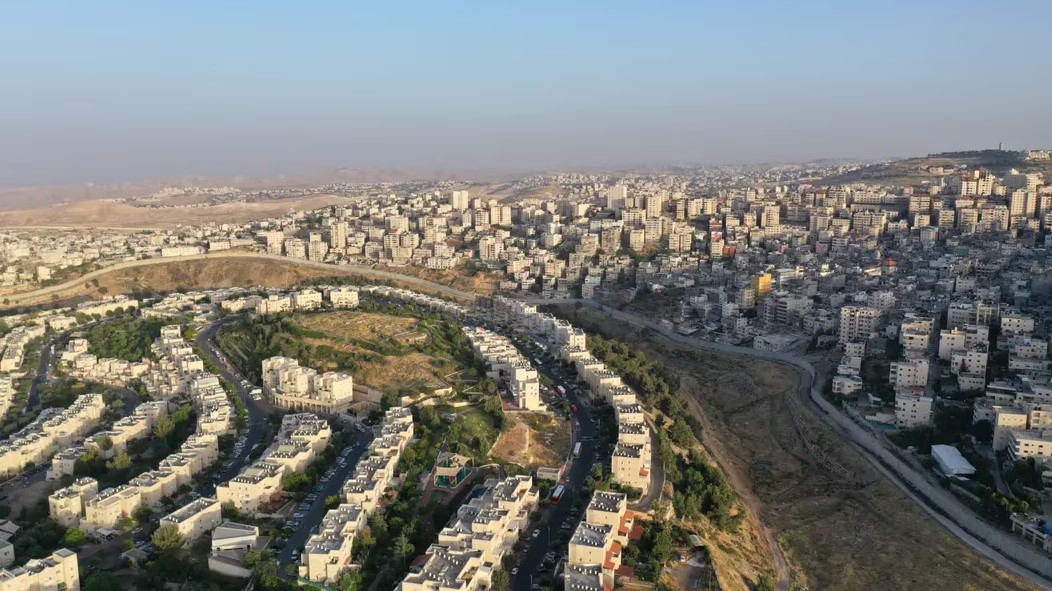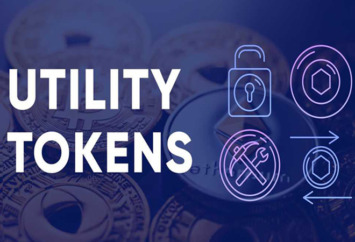The struggle for Palestinian sovereignty extends far beyond the battlefield—it is a financial war, waged through systemic barriers that aim to keep Palestine in a state of dependency, economic devastation, and perpetual conflict. These barriers are not coincidental; they are the deliberate acts of global powers who manipulate financial systems to suppress the Palestinian cause. The latest example of this can be seen during the 2021 conflict between Israel and Palestine, where financial oppression played a critical role in exacerbating the suffering of the Palestinian people.
Despite the conflict being between Israel and Palestine, it is overwhelmingly the Palestinian population that faces systemic attacks. The restrictions imposed by countries like the U.S. and Israel make it nearly impossible for humanitarian aid to reach those in need in Gaza. Banks, influenced by geopolitical considerations, often label Palestinian entities as “risky clients.” This label results in their further isolation, denying them access to essential financial services that are critical for both humanitarian efforts and economic development.
For instance, during the 2021 conflict, over 200 lives were lost, most of them Palestinians in the Gaza Strip. Those looking to donate funds to local aid groups found themselves blocked by long-standing restrictions. These restrictions were not new; they have been in place for years, designed to stifle Palestine’s economy and hinder any development. As Israeli human rights organization Gisha pointed out, Israel’s severe controls on the movement of people and goods, coupled with international financial restrictions, have crippled Palestine’s economy. These measures impact not only humanitarian and human rights organizations working in the region but also businesses with employees in Gaza and families trying to send remittances to the Strip.
The use of sanctions as a geopolitical tool violates human rights and prevents entire populations from accessing financial services. This isn’t just a theory; it’s a reality for Palestinians. The U.S. Treasury Department’s restrictions on financial dealings with the Palestinian Authority and the actions of international banks, which sometimes independently decide to limit transfers to Gaza, exemplify how global leaders use financial systems as a weapon against Palestine. These sanctions are so severe that even American organizations like the Palestine Children’s Relief Fund (PCRF), which is legally registered as a tax-exempt charity in the U.S., face baseless accusations of supporting terrorism simply because they operate in Gaza.
One poignant example comes from the digital payment service Venmo, which delayed transactions containing the words “Palestine” or “Palestinian” during the 2021 conflict. The mere mention of Palestine was enough to trigger a review, further highlighting the extent of financial censorship. The situation grew so absurd that even users pooling money for legitimate humanitarian aid faced obstacles.
The financial blockade imposed on Palestine extends to the highest levels of the global financial system. PayPal, for instance, does not operate in Gaza or the West Bank, but it does serve Israeli settlements in the West Bank—settlements that are illegal under international law. This blatant double standard exposes the true nature of these financial restrictions: they are not about risk; they are about control.
In response to these systemic attacks, Palestinians and their supporters have increasingly turned to cryptocurrencies as a means of bypassing these financial blockades. Cryptocurrencies offer a decentralized, censorship-resistant alternative that allows funds to reach those in need, even when traditional financial systems are closed to them. During the first quarter of 2021, peer-to-peer crypto trading in Palestine saw significant growth, with platforms like LocalBitcoins recording volumes twice as large as in previous quarters. While these numbers are still relatively small on a global scale, they represent a crucial lifeline for a population under siege.
At Palshekel, we recognize that the fight for peace and sovereignty is not just about survival—it’s about rebuilding, educating, and empowering future leaders who can navigate these financial minefields and lead Palestine to a brighter future. We understand that education is the key to fighting smart and diligently, which is why our mission is to nourish and rebuild, educate and support, inspire and grow—morally, mentally, physically, and structurally.
The road to sovereignty is long, and the obstacles are immense, but with time and persistence, we believe that Palestine can emerge as a global leader. It is not just about enduring the present; it is about preparing for a future where Palestinians have full access to education, communication, and financial tools that will enable efficient cooperation and development. Everything takes time, and that’s one thing we have for sure.




